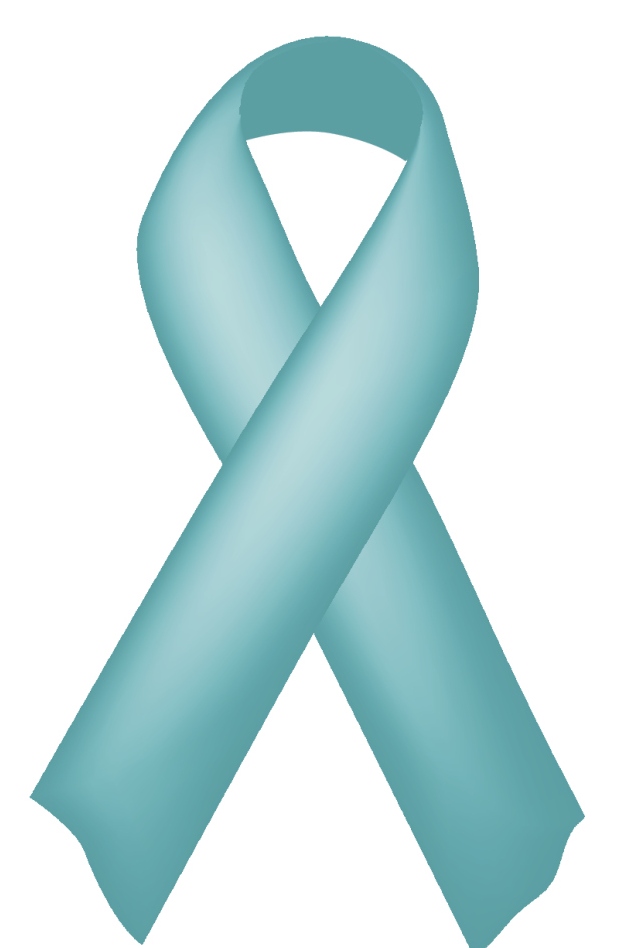What is ovarian cancer?
Joan Cheng, M.D.
Ovarian cancer is a disease in which cancer starts in the cells of the ovary. There are 3 types of ovarian tumors, named for the tissue in which they are found:
- Epithelial cell – These are cells that cover the surface of the ovary. Most of these tumors are benign (noncancerous) and account for most cases of ovarian cancer.
- Germ cell – These are cells that form the eggs in the ovary.
- Stromal cell – These cells form the structural tissue of the ovary and produce female hormones.

What causes ovarian cancer?
The cause of ovarian cancer is not yet known because most cases are sporadic. Ovarian cancer is the ninth most common form of cancer among women
How can ovarian cancer be prevented?
Suggested preventive measures include the following:
- Healthy diet (high in fruits, vegetables, grains, and low in saturated fat)
- Staying at a healthy weight throughout life
- Birth control pills
- Pregnancy and breastfeeding
- Oophorectomy – Surgical removal of ovaries if you’re at high risk for ovarian cancer.
Research studies have shown that certain genes are responsible for increasing the risk of ovarian and breast cancer. Genetic counseling can tell you whether you have 1 of these gene mutations. If your family history suggests that you may have 1 of these gene mutations, you might want to talk to your doctor about genetic testing.

What are the symptoms of ovarian cancer?
The following are the most common symptoms of ovarian cancer. However, each individual may experience symptoms differently. Symptoms may include:
- General discomfort in the lower abdomen, including any or all of the following:
- Feeling swollen or bloated
- A loss of appetite or a feeling of fullness — even after a light meal
- Gas, indigestion, and nausea
- Diarrhea or constipation, or frequent urination caused by the growing tumor, which may press on nearby organs, such as the bowel or bladder
- Feeling very tired all the time
- Bleeding from the vagina
- Buildup of fluid around the lungs, which may cause shortness of breath
Although the symptoms for ovarian cancer can be vague, nonspecific and not uncommon, they can be a red flag if they are persistent or increasing in intensity, frequency and duration over several weeks. In many cases, symptoms do not occur until the ovarian cancer is in an advanced stage, meaning it has spread beyond the ovary in which it started. The symptoms of ovarian cancer may resemble other medical conditions or problems. Always consult your doctor for a diagnosis.
Click here to learn more about Ovarian Cancer.
 Dr. Joan Cheng was born in Hong Kong and came to the U.S. at a young age, where she grew up in South Carolina. She attended Duke University to earn her B.S. in Biology. She then moved to New Orleans to pursue her M.D. at Tulane University School of Medicine. She left New Orleans for several years to complete her residency in Obstetrics and Gynecology at State University of New York at Stony Brook and then moved across the country to pursue her Fellowship in Gynecologic Oncology at University of Southern California in Los Angeles.
Dr. Joan Cheng was born in Hong Kong and came to the U.S. at a young age, where she grew up in South Carolina. She attended Duke University to earn her B.S. in Biology. She then moved to New Orleans to pursue her M.D. at Tulane University School of Medicine. She left New Orleans for several years to complete her residency in Obstetrics and Gynecology at State University of New York at Stony Brook and then moved across the country to pursue her Fellowship in Gynecologic Oncology at University of Southern California in Los Angeles.
Dr. Cheng, who served as a faculty member at Tulane Medical School before joining Touro’s Crescent City Physicians group in 2007, treats gynecologic cancers such as endometrial, cervical, ovarian and vulva cancers, as well as other complex gynecologic issues that require specialized surgical skills, including robotic surgery.
No comments:
Post a Comment